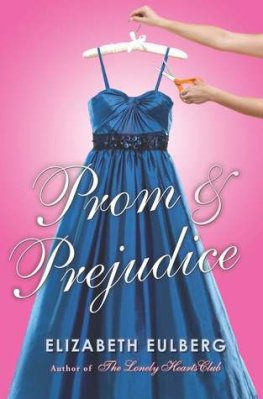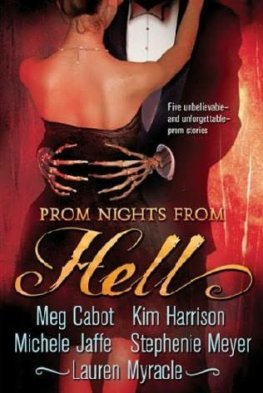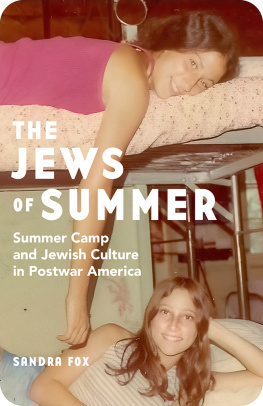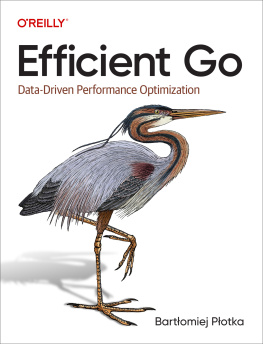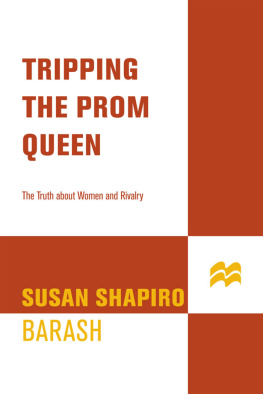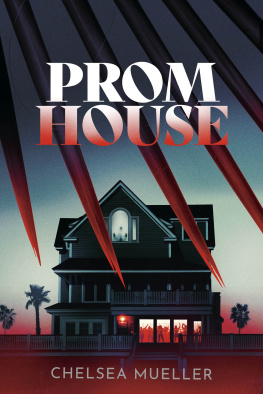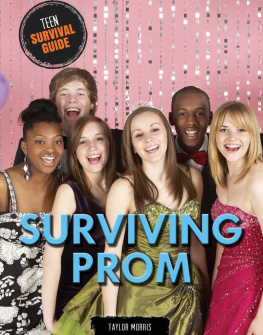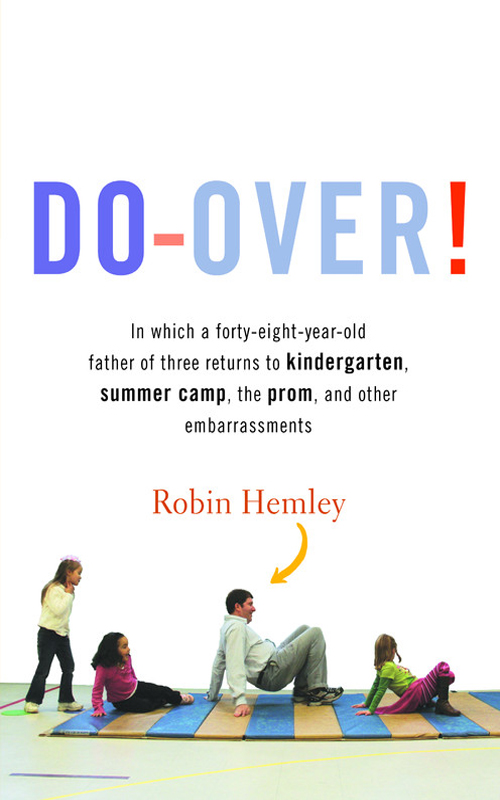Copyright 2009 by Robin Hemley
All rights reserved. Except as permitted under the U.S. Copyright Act of 1976, no part of this publication may be reproduced, distributed, or transmitted in any form or by any means, or stored in a database or retrieval system, without the prior written permission of the publisher.
Little, Brown and Company
Hachette Book Group
237 Park Avenue, New York, NY 10017
Visit our Web site at www.HachetteBookGroup.com
www.twitter.com/littlebrown
First eBook Edition: May 2009
Little, Brown and Company is a division of Hachette Book Group, Inc. The Little, Brown name and logo are trademarks of Hachette Book Group, Inc.
Authors Note: Most of the names of those under eighteen in this book have been changed. Many of the names of the adults have been changed too, though not all, for the sake of privacy. I suspect that some of those whose names have been changed would have been happy not to have their names changed, but I decided to err on the side of caution.
Photographs by Alex Sheshunoff (pages ), and Lisa Rodriguez Ortiz (page 238)
Parts of chapter three, Camp Echo, first appeared in a different form in the New York magazine article Big Man on Camp.
ISBN: 978-0-316-05326-6
For Margie, who, in marrying a writer, didnt quite know what she was in for
Every mans life is a fairy tale written by Gods fingers.
HANS CHRISTIAN ANDERSEN
The fairy in whose presence we are granted a wish is there for each of us. But few of us know how to remember the wish we have made; and so, few of us recognize its fulfillment later in our lives.
WALTER BENJAMIN
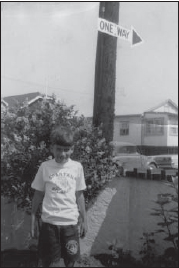
W hen a child shouts Do-over! he wants a second chance. He wasnt ready the first time. It was just practice! The pitch came while he was daydreaming about a movie he wanted to see. Or she meant to make her fingers into scissors, but her hand had a mind of its own and formed a rock instead. As a kid, I never took full advantage of do-overs.. Either I wasnt forceful enough in asserting my natural-born right to do-overs., or I was a young fatalist, accepting all outcomes, no matter how unfair they seemed or how unprepared I felt. Id like to think I was just saving up my do-overs., banking them, because one day deep into adulthood, I suddenly remembered this simple perk of childhood and thought, If kids can do it, why cant I?
Ive never quite bought Thomas Wolfes famous dictum, You cant go home again. I know you cant change the past, but you can change the way you think about the past. Sometimes you need to reevaluate what you think youve left behind forever as a way to find out who you are now, to put into perspective those rites of passage we all must survive and which more often than not linger in our minds as disasters. Theres nothing that says you cant go back and run toward those hurdles again, doing over those moments from kindergarten to college you filed away as failures or mistakes.
There are some things that I did or that were done to me that Id like to erase. Why not simply go back and get them right this time? In many ways our regrets form who we think we are, and Id arrived at midlife, forty-eight years old, a divorced and remarried father of three girls, with a passel of regrets, a Santa Claus bagful. Enough is enough, I thought. Perhaps if I could revisit some of the early episodes of my life that I hated or had trouble with the first time, I could start unburdening myself, and the way I thought about my life as a whole would improve. Not that I thought of myself as a failure. In fact, by outward measures, I probably seemed successful (a college professor, great family, nice house, ballooning debt). But inside, I was still the kid who flubbed the line in the school play in second grade, the last one picked in sports at camp, the awkward teenager who couldnt get a date for the prom. All of these failures were holding me back, I sensed. I didnt want to be that awkward teen anymore or that skinny kid who tripped over his feet. I would never want to banish these versions of me completely. I held them as close as family. But I didnt want them to control me, to tell me what to do and how to act. After all, I had my own kids to raise, and I wanted them to be healthier specimens than I was. I had to set a good example.
Ive never been good with to-do lists, but do-overs. come easy. The problem with to-do lists for me is that I always forget them somewhere or I simply ignore them. They get buried or lost. I couldnt do that with a do-over list. The list took all of five minutes to create, and these things wouldnt be ignored. They hung like chattering monkeys rattling a cage close to the surface of my consciousness.
- Kindergarten: Psychologists claim your personality is pretty well formed by the age of five. My kindergarten teacher, Mrs. Collins, certainly seemed to think so. She predicted Id grow up to be a thug someday. Did I?
- The school play, The Littlest Angel: Putnam Elementary School, Athens, Ohio. In the role of the Heavenly Messenger, I had one simple line that I blew completely and ruined the play. I wanted to get it right this time.
- Summer camp: I was a terrible if frequent camper, a failed specimen of boyhood, always picked last for everything. I went to three summer camps, one in Long Island, one in North Carolina, and one in New Hampshire. I wanted to return to one of these camps and beat everyone at the sports I had been so bad at. I had some scores to settle.
- Sixth grade: I went to two different sixth grades, one in Slippery Rock, Pennsylvania, and the other in Hollywood, Florida. In both I was bullied mercilessly. I wanted to go back and overcome the bully.
- Joining a fraternity: My family moved to Columbia, Missouri, when I was in seventh grade, and when I was thirteen, the local chapter of the Sigma Alpha Mu fraternity made me an honorary member after I helped them with a humanitarian project. In college I lost my honorary membership, and now I wanted it back.
- Eighth grade: By eighth grade I was a miserable outsider. Who likes eighth grade? Not many people. Even so, I was never a cool kid. I was least cool in eighth grade. I wanted to remedy this.
- The prom: St. Andrews School, Sewanee, Tennessee. When I was sixteen, I didnt want to attend the public high school in South Bend, Indiana. With my grandmothers financial assistance and the recommendation of a friend, I spent my junior year in Sewanee, Tennessee, at an Episcopalian high school. The school had only 186 students, most of them boys. Although I had a crush on Lizzie Clark, my costar in the high school play, I didnt have the guts to ask her to the prom. So I stayed outside the cafeteria that night and looked in the window at the couples dancing. I wanted to go back to St. Andrews and do over the prom.
- Standardized tests: I was terrible at these. I took my PSAT but never my SAT, for a number of complicated reasons. As a kid, I was always being administered tests that in some way pretended they could foretell my future: IQ tests, aptitude tests, and one odious test in high school that claimed that the best professions for me were (a) gas station attendant, (b) fingerprint technologist, and (c) bookstore owner. I now wanted to beat one of these tests. I wanted to take an SAT or ACT and either do well or, better yet, not care about doing well.
- A childhood home: My family and I lived in a series of homes throughout my childhood, rarely staying in one for more than a few years. As a result, Id always felt like a bit of a displaced person. I wanted to revisit one of these childhood sites, camp out for a few days, and come to some peace with my notions of Home and Family.


